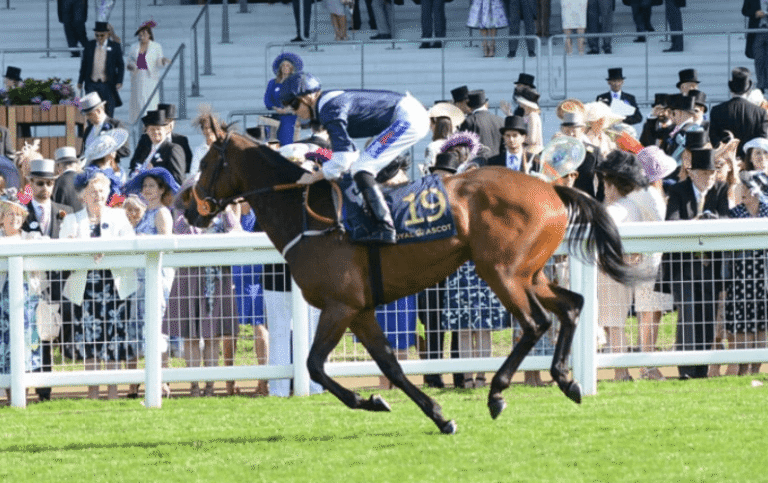Training winning horses for races demands a profound understanding of equine behavior and psychology. Successful trainers must combine rigorous training regimens with a keen awareness of each horse’s unique needs. Nutrition plays a critical role in performance, while the bond forged between trainer and horse can significantly influence outcomes. This intricate balance of strategy, care, and communication sets the stage for triumph on the racetrack, leading to questions about the methods that truly unlock a horse’s potential.
Understanding Equine Behavior and Psychology
Understanding equine behavior and psychology is crucial for anyone involved in training winning racehorses.
Trainers must grasp equine instincts and interpret behavioral cues to foster a harmonious relationship with these magnificent animals.
Recognizing a horse’s body language, from subtle ear movements to changes in posture, enables trainers to respond effectively, enhancing performance and nurturing a spirit of freedom that allows the horse to thrive on the racetrack.
Designing a Comprehensive Training Regimen
Crafting a comprehensive training regimen for racehorses requires meticulous attention to detail and a deep understanding of both the physical and mental demands of the sport.
Incorporating interval training enhances stamina and speed, while diverse conditioning techniques promote strength and flexibility.
Each element must harmonize to cultivate the horse’s natural abilities, ensuring that it is not merely competitive but poised for victory.
The Importance of Nutrition and Health Management
While the physical training of racehorses is crucial, the significance of nutrition and health management cannot be overstated, as it directly impacts a horse’s performance on the track.
Achieving nutritional balance is essential for energy and recovery, while regular health monitoring ensures that any issues are addressed promptly.
Together, these elements create a strong foundation for success, enabling horses to thrive in their racing careers.
Building a Strong Trainer-Horse Relationship
Establishing a robust trainer-horse relationship is fundamental to unlocking a horse’s full potential on the racetrack.
Trust building is essential, as it fosters a bond where the horse feels secure and understood.
Effective communication techniques, including consistent cues and positive reinforcement, enhance this connection.
A harmonious relationship empowers both trainer and horse, allowing them to thrive together in pursuit of victory.
Conclusion
In the intricate world of horse racing, the amalgamation of understanding equine behavior, tailored training regimens, and strategic nutrition creates a symphony of success. When trainers cultivate trust and communication with their horses, they unlock a wellspring of potential that seems almost magical. Ultimately, this harmonious approach not only elevates performance but also transforms ordinary horses into champions, galloping towards glory with the grace of the wind itself, leaving a lasting legacy on the racetrack.
